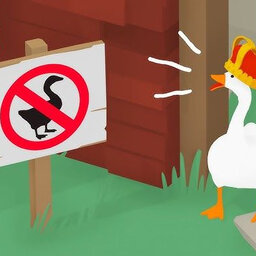Give me Maw: China's Craze for the Cocaine of the Seas
Few outside the Chinese wedding banquet circuit have heard of fish maw, a flavourless, unappetising-looking swim bladder found in bony fish. In dried form, a kilo from the right species goes for around $150,000 on the world market, double the price of a kilogram of cocaine. The most prized maw is found in one of the remotest corners of the planet, the Kikori Delta in southern Papua New Guinea, where the once ignored scaly croaker is being targeted on an industrial scale by Chinese fishing companies, transforming the lives of villagers—and the ecosystem. Louisa and Graeme are joined by Jo Chandler, an award-winning journalist and senior lecturer at the University of Melbourne’s Centre for Advancing Journalism who reported on the fish maw trade for Nature magazine.
Image: c/- Jo Chandler, Veraibari Village 2024.
Jo’s fieldwork was supported in part by the Walkley Foundation Sean Dorney Grant for Pacific Journalism.
In 1 playlist(s)
The Little Red Podcast
Awardwinning interviews and chat celebrating China beyond the Beijing beltway. Hosted by Graeme Smit…Social links
Follow podcast
Recent clips

Bad Apple? How the World’s Greatest Company Changed Chinese Tech
49:16

Education Nation: China’s Exam Fetish
47:33

The Lead Goose: China’s AI Embrace
52:57
 The Little Red Podcast
The Little Red Podcast